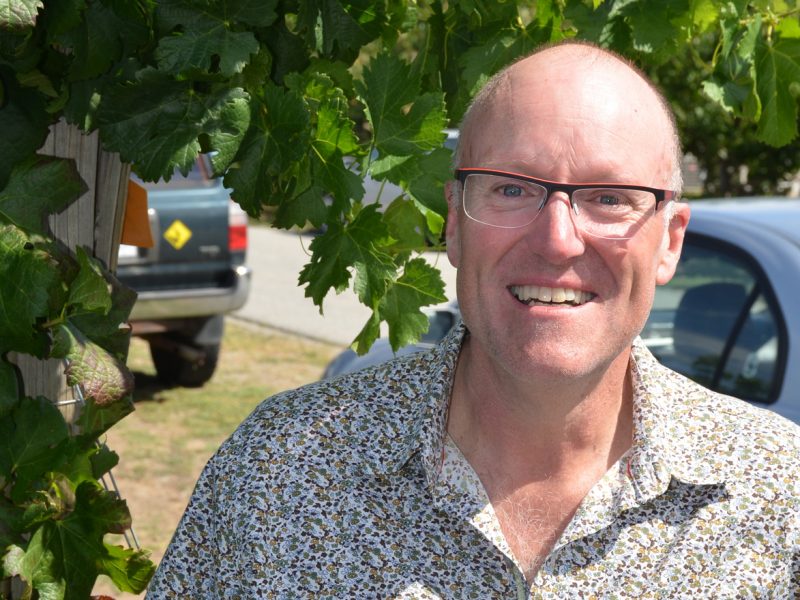A certified supply of clean plants was the key to cleaning up New Zealand vineyards and keeping vine diseases at bay, says Vaughn Bell, senior scientist with the New Zealand Institute for Plant and Food Research.
Bell was in the Okanagan last week as the featured speaker in this year’s Triggs International Premium Vinifera Lecture Series on August 13-14, organized by the Cool Climate Oenology and Viticulture Institute (CCOVI) at Brock University in St. Catharines, Ontario.
Grapevine leafroll virus (GLVa3) has been a major problem in New Zealand, as it has in BC. While managing populations of insect vectors such as mealybugs can be helpful in preventing the spread of the disease, clean plant material prevents it from being introduced in the first place.
Vines infected with the virus decline in health, yield less fruit, and the fruit that is harvested has to be picked later and is of poor quality. This in turn makes poor-quality wine.
A survey of 15,000 grapevines between 2014 and 2017 found that 23.5% were infected with the virus. The only cure is removal, a costly process that many growers are loathe to do if the virus is just going to return.
The key to getting New Zealand growers to remove infected vines was the availability of certified virus-free replacement stock.
“That was essential to growers getting on board,” he says. “When growers were able to trust that their replacement stock was clean, they had confidence to start roguing out infected vines.”
Providing that assurance to Canadian growers is the goal of the Canadian Grapevine Certification Network, a partnership of growers in BC, Ontario, Quebec and Nova Scotia. It recently received $2.3 million in federal funding to support its efforts.


 Cherry exports get boost
Cherry exports get boost